Khabar Khair (Only Good News) – Abdul Jalil Al-Salami
Dr. Zamzam Saleh Al-Khulani – Assistant Professor of Administration and Educational Planning – said that many Yemeni schools and universities have begun to keep pace with technological advancement, an indicator that supports the development in the economics of education in Yemen.
She added, “Despite the conflict that the country is going through, still new private schools and universities are opening, such as the opening of Al-Rasheed Smart University, and schools that have started using business intelligence tools, which are positive indicators despite their limited number.”
Zamzam al-Khulani indicated that there is a significant increase in higher education applications by individuals and employees, stressing that there is a relationship between the crisis that the country is going through, and applications for higher education, and because of having free time, many have turned to higher studies.
Economics of education is a branch of economics, and it studies the economic aspects of the educational process, including education and training at all stages, including adult education and training, for on-the-job personnel, and unemployed and job-seeking manpower.
Economics of education is concerned with the costs and returns of education and the relationship between expenditure and benefit, whether at the individual level or at the national economy level.
Zamzam al-Khulani, who chairs the Zamzam Foundation for Scientific Research and Entrepreneurship, added that private investment in education in Yemen are immeasurable currently due to the conflict, noting that Yemeni’s expenditure on education varies according to the educational stage basic, secondary, university and higher education.
And she added, regarding the volume of spending on education in Yemen, the state still bears the significant costs of education, more than individuals, compared to other countries, where education is compulsory and individuals bear the costs of education, such as loans, taxes, etc., and the state is only providing services necessary for education and in a better way.
Among the foundations of the economics of education, keeping pace with the times with the integration of modern technologies, where economics is interested in this aspect, where artificial intelligence and business intelligence must be integrated, because it provides several things, including what happened with the Corona pandemic.
Zamzam al-Khawlani said countries that use technology tools in education have coped with the crisis of the Corona pandemic, unlike countries whose education is still traditional, due to the absence of the foundations of the economics of education.
Al-Khulani believes that the outputs of education in Yemen and developing countries do not keep pace with the labor market and resulted in unemployment, as they do not care about the economic foundations of education and focus on quantity not quality.
She explained that studies of the economics of education parallel between the benefit and the return, and focus on optimizing investment of education, material and moral returns and income, cost reduction and rationalization of expenditure, through optimization of resources.
And she continued by saying, rationalization of expenditure and reducing waste in education, in order to find an efficient and effective investment in education in a better way, stressing that the income of the educated is better than the income of the uneducated.
Zamzam al-Khulani, an expert in economics of education, advised the education authorities in Yemen to have a productive, non-consumeristic view of education outputs, for Yemen to achieve advanced ranks in the economics of education, and to turn universities from a burden on the state to self-financing.
She indicated that Yemeni universities could provide sources of independent financing, through the development of curricula and the use of methods and knowledge that bring out individuals with a productive mindset instead of consumers.
Zamzam Al-Khawlani called on the competent authorities to focus on the importance of social returns from education, to pay attention to the quality of outputs and training, and to focus on the practical aspects.
She stressed that there should be a relationship between the private sector and universities and the various educational sectors, regulating and obligating a training for education outcomes in the private sector, and training for private sector cadres in universities or educational institutions, which would bridge the gap between education outcomes and the labor market.





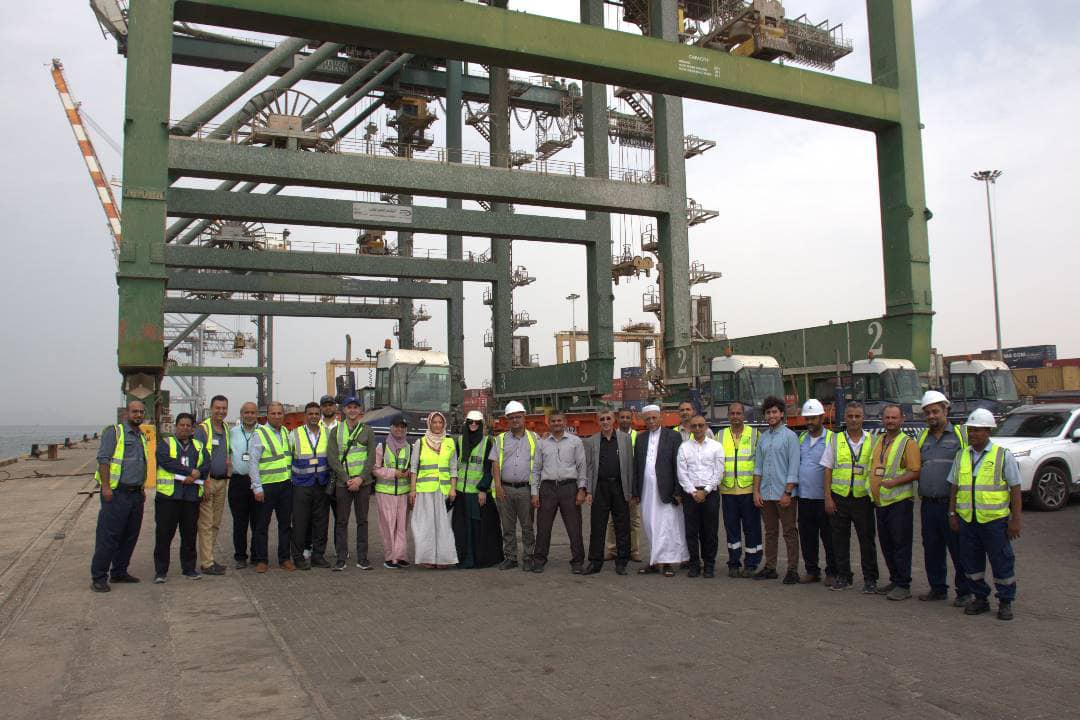
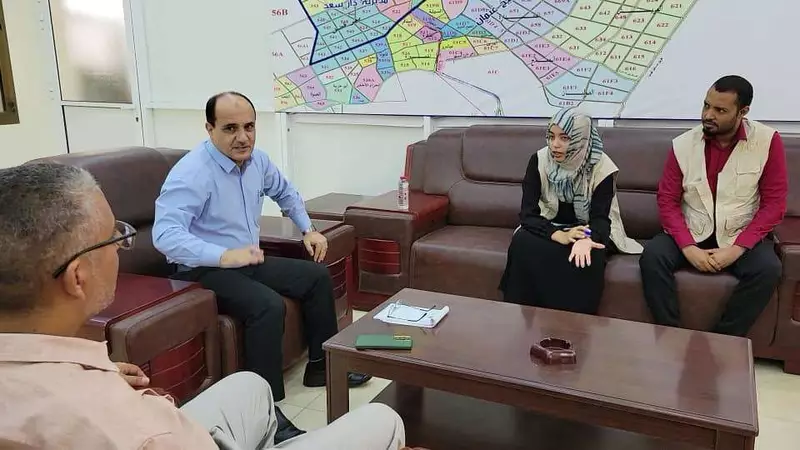
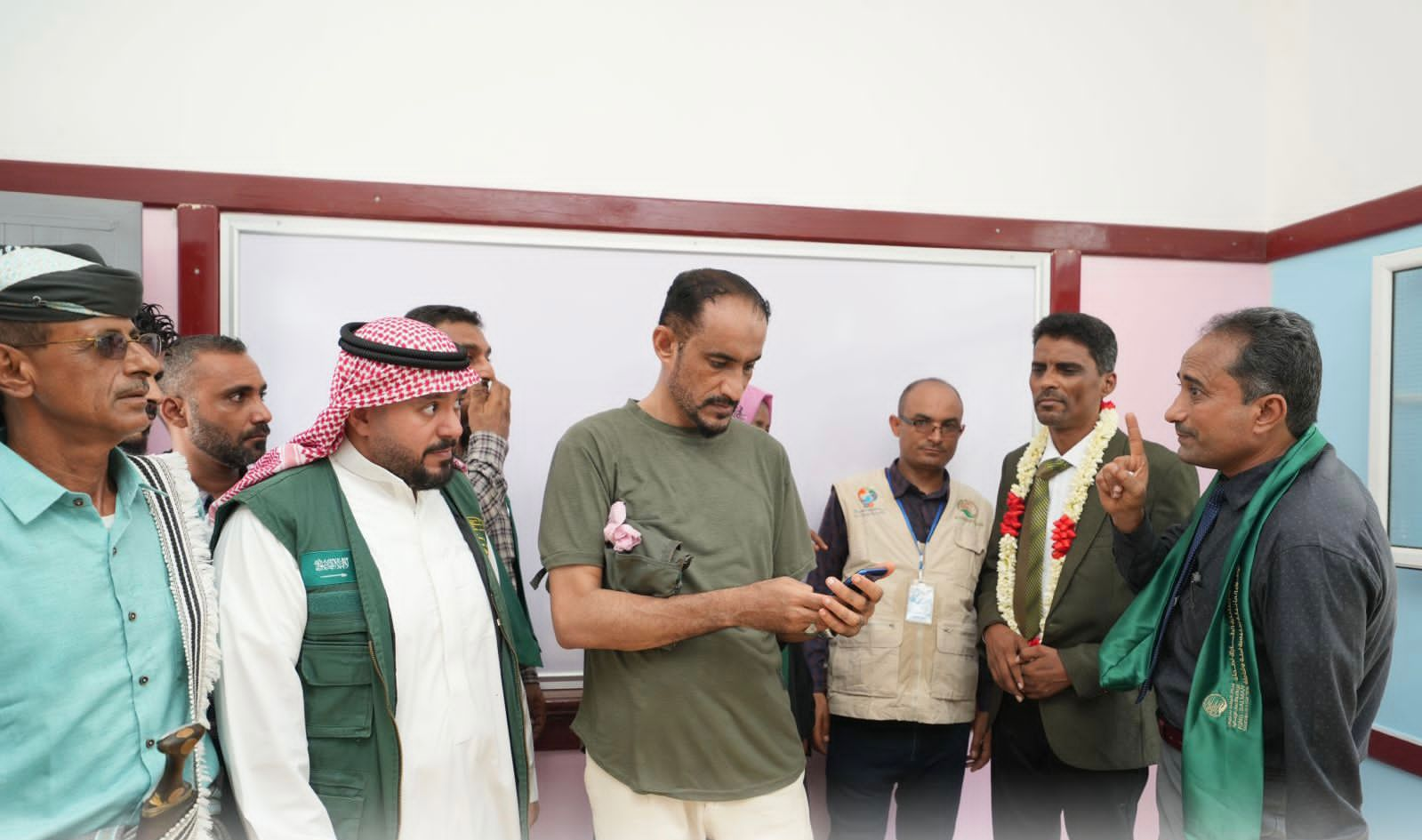
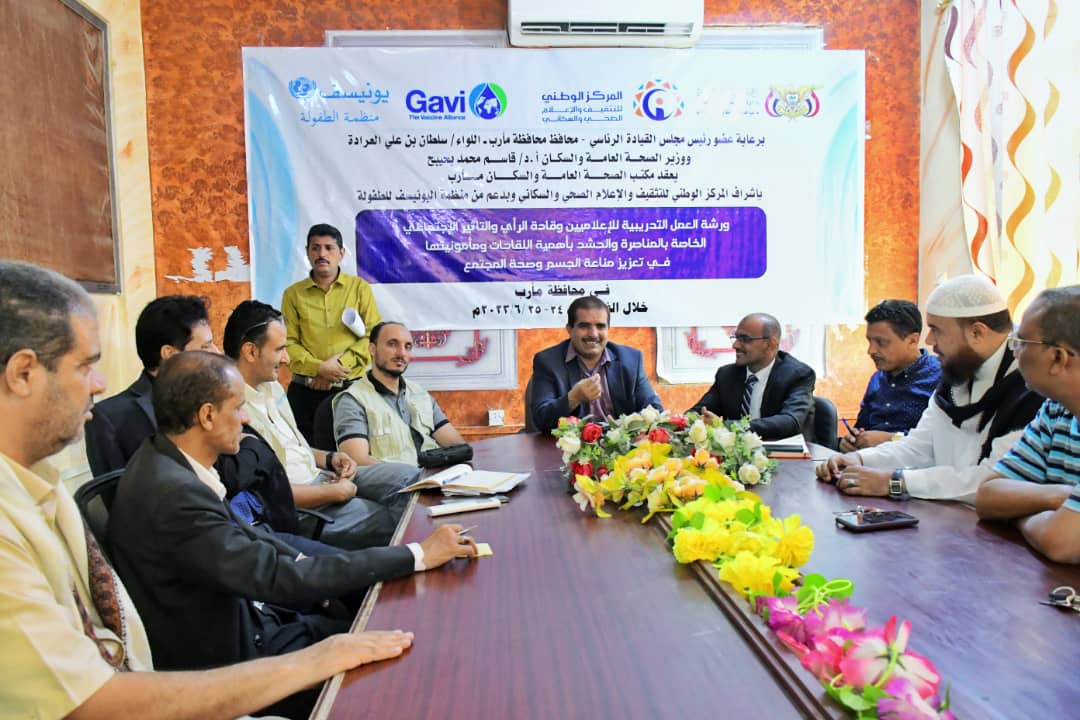





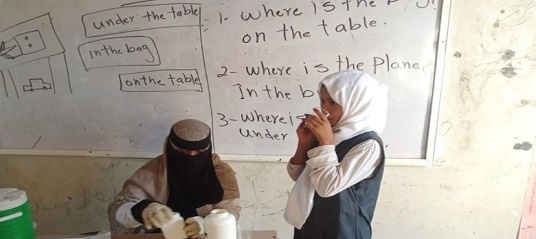
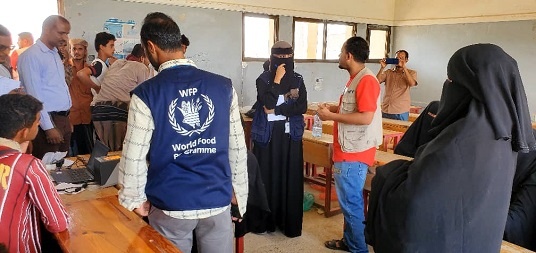

LEAVE A COMMENT